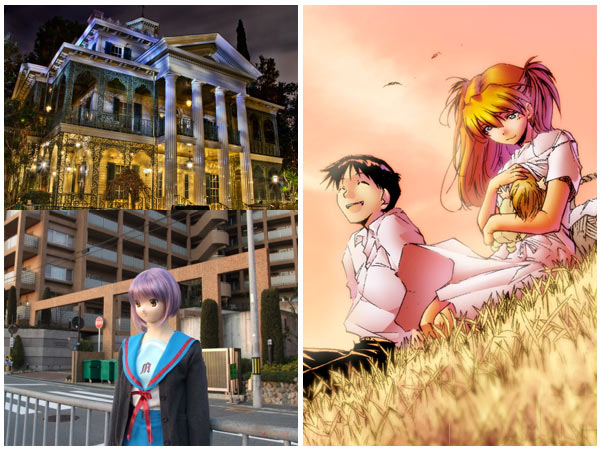
Hello again from J-List. We’re making the final preparations for Anime Expo this week. It’s going to be a huge celebration, and J-List will have the largest, most otaku-tastic booth in our history. Will you be there?
Among the challenges Japan faces as a nation is addressing the problem of 少子化 shoushika, the trend of having fewer children around each year as a result of the country’s low birth rate. This leads to depressing things like toy stores closing and being replaced by shops selling Buddhist altars and gravestones, something I’ve observed first-hand in my city. Japan’s population peaked at 128 million a few years ago and has been dropping ever since — according to current projections, by the year 3000 the population of Japan will be 29 people. (Really.) Prime Minister Shinzo Abe has drawn a line in the sand in an attempt to halt the decline at 80 million, though without big changes such as opening the country’s doors to mass immigration from other countries, it’s hard to see what Japan can do. This isn’t to say that Japan is a difficult country to immigrate to: if you have a university degree it’s not difficult at all to get a visa to work here. Incidentally, the U.S. is among the nations with the healthier birthrates in the industrialized world, hovering around two children per female in recent years before dipping to 1.89 due to the recent economic crisis (or the rise of Facebook, depending on who you ask). Unlike Japan, America has a healthy inflow of immigrants, which adds to our economic vitality.
One subject I write about a lot is language, since I find it’s an interesting lens to look through when trying to understand other cultures. Japanese is a very different language from English, being based on syllables like ka, ki, ku, ke and ko, without consonants like “k” by themselves, which is one reason why Japanese people can have thick katakana accents when speaking English. The Japanese import many English loan words into their language, though they make certain changes in the meanings. A short cut might be a convenient way to get to your destination for you or me, but in Japan it refers to a short hair cut, and getting married is referred to as “goal in.” The English word “cunning” somehow got mapped to refer to cheating on a test, and the letter “W” has come to mean “double” to the Japanese, used frequently in marketing messages. In 1957, a cook at the Tokyo Imperial Hotel wanted to add a smorgasbord style meal to the restaurant’s menu, but since this word was difficult for Japanese to pronounce, he changed it to “viking”…and as a result, this is what an all-you-can-eat buffet is called in Japan. Sometimes these changes in English words alter how Japanese perceive words. You probably don’t think of buttocks when you hear the word “hip hop,” but Japanese do, since the English word “hip” always refers to a person’s butt. Finally, the word “mansion” doesn’t refer to a very large house (except for the Haunted Mansion at Tokyo Disneyland), but an upscale high-rise apartment, the kind Yuki and Ryoko live in in the Melancholy of Suzumiya Haruhi.














